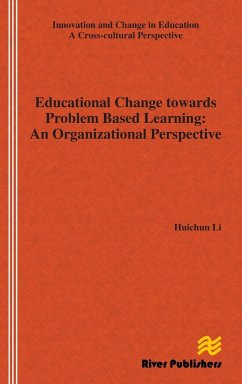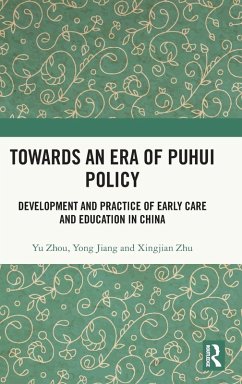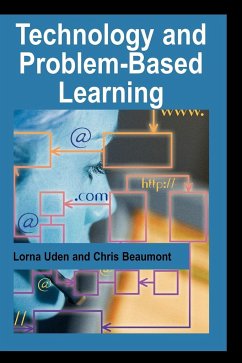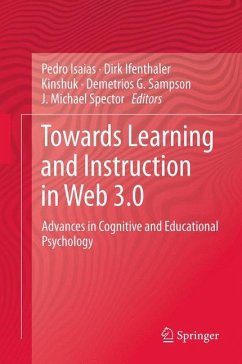
Educational Change Towards Problem Based Learning
An Organizational Perspective
Versandkostenfrei!
Versandfertig in 1-2 Wochen
135,99 €
inkl. MwSt.
Weitere Ausgaben:

PAYBACK Punkte
68 °P sammeln!
As a promising educational approach, PBL (Problem Based Learning) has been adopted by an increasing number of higher education institutions worldwide to replace the traditional lectured based educational approach. However, the organizational change towards PBL is not easy for higher education institutions, especially for those with a long history of Lecture Based Learning. Therefore, it is necessary to investigate the challenges and obstacles for higher education institutions which are implementing PBL. In order to address the research concern, this book involves in an intensive exploration of...
As a promising educational approach, PBL (Problem Based Learning) has been adopted by an increasing number of higher education institutions worldwide to replace the traditional lectured based educational approach. However, the organizational change towards PBL is not easy for higher education institutions, especially for those with a long history of Lecture Based Learning. Therefore, it is necessary to investigate the challenges and obstacles for higher education institutions which are implementing PBL. In order to address the research concern, this book involves in an intensive exploration of two universities which are transforming their traditional educational approaches to PBL. Specifically, this book is concerned with how managers, staff members, and students interpret PBL and its implementation. It reveals that the challenges for implementing PBL are closely linked to organizational members' conception of PBL, social learning and motivation at the university. The conclusions are specified as: firstly, the organizational members' understanding of PBL and social learning are quite diverse, and some of them are not consistent with the managerial attempts. They may create huge tensions or chaos at the university, depending on which strategy the mangers have employed. Further, the organizational members' understandings of PBL are more concerned with teaching and curriculum design rather than learning, which should be highlighted within PBL context. Besides, staff members have to struggle between different roles due to the complexity of the university in modern society, and some tasks such as researching will distract them from participating in teaching activities and thus undermine PBL implementation. Finally, the university has to make reflections on how to keep a balance between the use of normative approaches to guarantee organizational effectiveness and the intention of giving staff more freedom to make innovations and create new possibilities.














